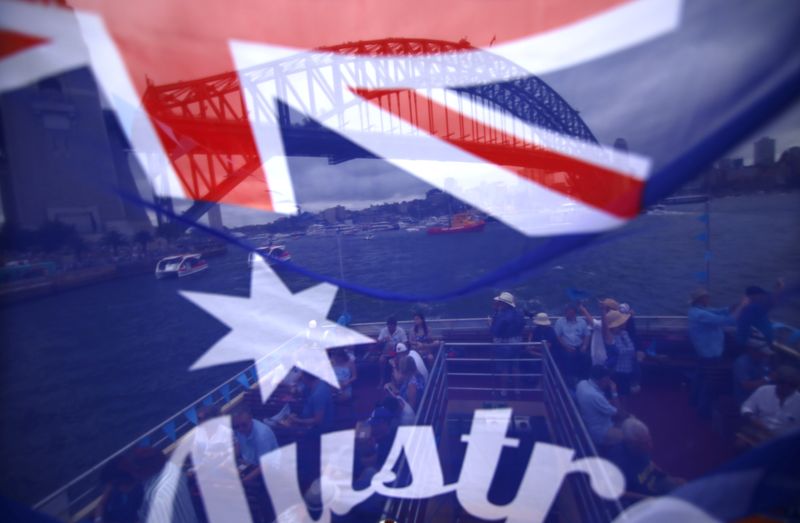SYDNEY (Reuters) -Australia’s spy chief has warned in a rare TV interview against politicising intelligence advice in an election fought on national security, saying foreign interference attempts had targeted both sides of politics.
On Thursday, Prime Minister Scott Morrison continued attacking the Opposition Labor party as being “soft” on China, and its leader Anthony Albanese as “the Chinese government’s pick at this election”.
Security and foreign affairs officials have cautioned that Beijing, which both parties have criticised for its trade reprisals over Australian policy decisions, would benefit from domestic political division on China policy.]
Australian Security Intelligence Organisation (ASIO) director-general Mike Burgess said foreign governments had attempted to interfere with both sides of politics, and politicisation of its investigations was “not helpful for us”.
“The foreign interference is against all members of parliament so it doesn’t go after one particular party or the other,” he told the Australian Broadcasting Corp in an interview late on Wednesday.
Burgess did not name the foreign governments that had attempted to influence politicians, who he said were “thoroughly resistant”.
Court documents and statements by the political parties show at least two foreign interference investigations by ASIO and the federal police since the last federal election are linked to China, and have touched both major parties.
Burgess’s predecessor, Dennis Richardson, on Thursday said there was no difference between Labor and the government in policy on China.
“Seeking to create the perception of a difference when none in practice exists for straight out party political purposes is something that we have not seen an Australian government do for decades, and it does not serve the national interest,” he said on ABC television.
“It in effect only serves the interest of one country and that is China.”
Morrison, who is behind in the polls and faces an election by May, responded saying Labor was showing “pretence at bipartisanship” and the election would be decided on who was stronger on national security.
The PM pointed to his track record in forming the AUKUS defence alliance with the United States and Britain last year, and revival of the Quad group with India, Japan and the United States.
U.S. Secretary of State Antony Blinken visited Melbourne last week for a meeting of the Quad group, and met separately with Morrison and Labor’s Albanese.
“We came away absolutely confident that whomever the Australian people select as their new leadership… in the upcoming election, we are confident that the U.S.-Australia alliance will endure and remain as strong as ever,” Daniel Kritenbrink, U.S. Assistant Secretary of State for the Bureau of East Asian and Pacific Affairs, said in a call with reporters on Thursday.
(Reporting by Kirsty Needham; editing by Richard Pullin and Lincoln Feast.)

























